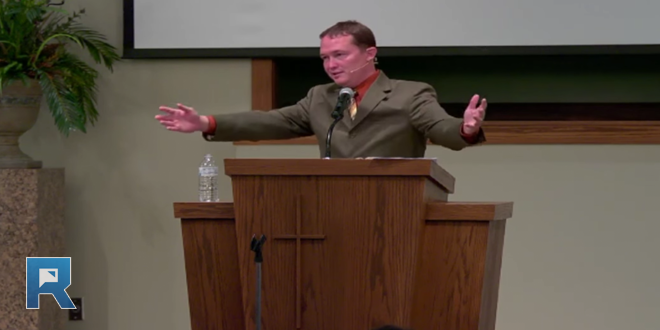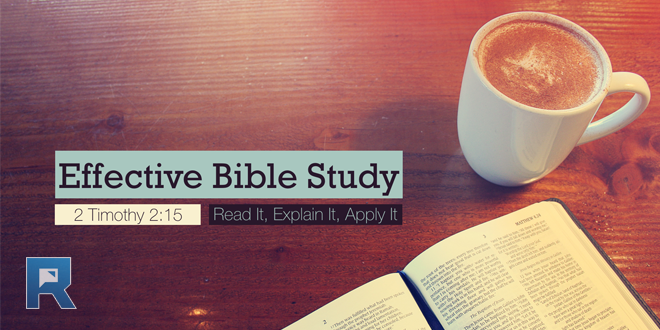What we love about this country – what the veterans served and died for – is more than a flag, it’s an ideal, a system of values. Freedom.
So we respect the flag, not because of what it is but because of what it stands for. We support those ideals and we understand how much better life is with that freedom intact.
But don’t Americans also wish for everyone on earth – and especially other Americans – to enjoy those same freedoms? Those who abide by the law and who work to preserve the ideals that our country’s forefathers have given to us should certainly be blessed to bear the fruit of freedom and the American way.
Do we turn a blind eye to the cries of our American neighbors simply because we disagree with the way they make their voices heard? Are their struggles real? Are their complaints valid? Do we even care enough to find out?
Or does the flag only represent what we want for ourselves and our family, with total disregard for the welfare of others? In other words, is our pursuit of the “American way” rooted in selfishness or in the pursuit of the wellbeing for all human beings?
I don’t know how Americans should respond to all of this. Some think everyone must stand to honor the flag and those who served to defend it. Others think that those veterans served and died to give people the right to stand or not to stand.
But I do know how Christians should respond. They should, “Honor all people. Love the brotherhood. Fear God. Honor the king” (1 Pet. 2:17). They should love their neighbors as themselves (Mat. 22:39). They should treat other people with respect (Mat. 7:12) and love (Rom. 13:8). They should consider others before themselves (Phil. 2:3-4), serving them (compare Mat. 20:28), rejoicing in their happiness and weeping with their pain (Rom. 12:15; Mat. 25:31-46). They should love God with their entire being (Mat. 22:37-38), seeking first the kingdom of God and His righteousness (Mat. 6:33).
Whatever we do, we must do that.
For if we live, we live to the Lord, and if we die, we die to the Lord. So then, whether we live or whether we die, we are the Lord’s (Rom. 14:8).








